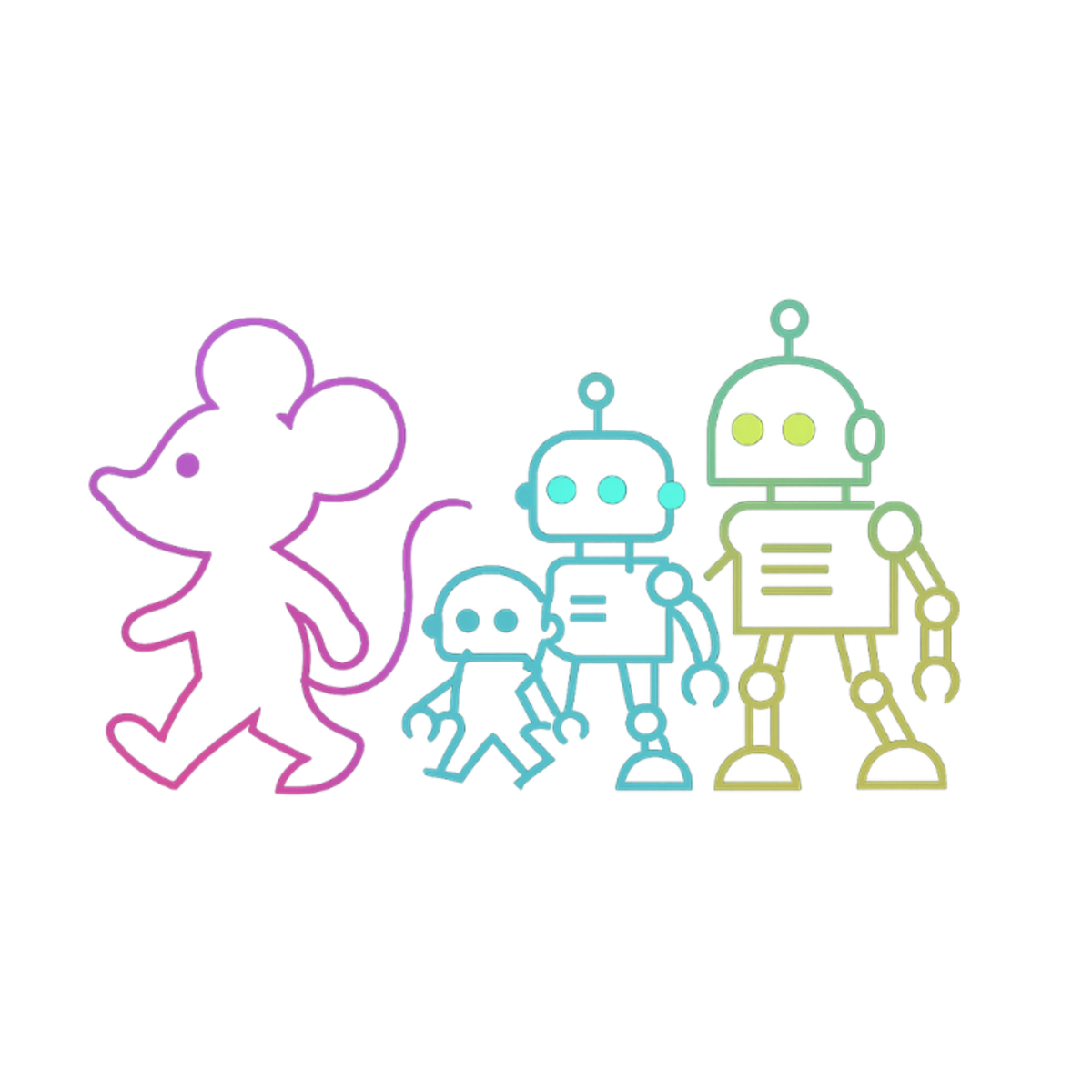Today’s roundup is a snapshot of big moves shaping enterprise AI, from boardroom prompts to build your own agents and one quietly powerful toolkit that may reshape dev workflows. We’ve got Google pushing for ubiquity, OpenAI sketching out the playbook, and McKinsey highlighting the lag between ambition and action. Let’s dive in.
Satya Nadella’s secret weapon is prompting like a pro
Microsoft CEO Satya Nadella just gave LinkedIn the kind of executive productivity post that doesn’t usually mention fine tuning language models. In a rare look under the hood, Nadella shared five prompts he uses daily via Microsoft Copilot, revealing exactly how GPT 5 weaves into the workflow of one of Big Tech’s top leaders.
More than a personal diary, this post signals a shift, AI prompting is no longer a tinkering exercise, it’s becoming a core productivity and leadership skill. Nadella uses GPT 5 to prep for meetings, track progress on initiatives, summarize documents, and synthesize thought across org silos. What stood out wasn’t just the use cases, but the meta, leaders now see generative AI as a second brain, and they're getting specific about how they talk to it.
This also points back to a rising reality, prompt engineering is evolving from internet meme to legitimate skillset. As Jensen Huang noted separately, he uses AI “as a tutor every day,” mirroring Nadella’s sentiment that AI has added a “new layer of intelligence” across his tools. In short, the top brass isn't just buying AI, they're using it.
The real takeaway? If you’re building tools for professionals, expect prompt literacy to go from nice to have to foundational. That also means demand is coming for interfaces and workflows that guide prompting, not just model outputs.
Relevance AI raises $10M to help every company build their own AI agents
Sydney based Relevance AI just locked in $10 million in Series A funding to scale what might be one of the most pragmatically interesting plays in enterprise AI right now, a platform that lets businesses build and deploy task specific agents for sales, operations, marketing, and more, no engineering degree required.
Unlike generic chatbots or monolithic assistant systems, Relevance AI is doubling down on customizable, composable agent fleets. Whether it’s follow up emails, research reporting, or customer troubleshooting, the company offers pre structured workflows and integrations with models from OpenAI, Google, Anthropic, and Cohere. It’s everything you’d expect from a nose to tail stack, SOC 2 compliance, GDPR controls, single tenant hosting, but built for non developers to actually use.
This opens the door for mid market and enterprise teams to operationalize AI in domains the big vendors haven’t yet productized. Think marketing operations powered by narrow AI agents that plug seamlessly into CRMs and pipelines. As one customer noted bluntly, “I’m looking at almost every single thing our business does and creating an AI tool or Agents.” That’s the game, don’t build one chatbot, build an army, each trained for the job you actually need done.
Google’s Project Astra and the multimodal agent buffet
Google rolled out its latest AI updates via Project Astra, Project Mariner, and the broader Gemini roadmap, and it’s exactly what you’d expect when a trillion dollar company wants to go all in on agentic AI.
From browser based task management (Mariner) to deeply multimodal tools for learning, scripting, and content creation (Gemini), Google’s expanding its footprint with assistants that not only respond, but act. Everything is increasingly contextual, AI Mode, NotebookLM, and Deep Think are pushing toward proactive interfaces that work across app layers. Flow and Veo 3 show off high end multimedia generation, while tools like Magic Cue on Pixel devices hint at a future where generative tech follows you, and preempts you, across physical and virtual interfaces.
The flagship, Project Astra, is still under development, but the ambition is clear, a universal assistant that can reason, see, hear, and remember across user inputs. This is less about search and more about orchestration. The steep takeaway for founders, the bar on system integration and context awareness just got higher. If you’re building vertical tools, expect customers (and users) to start asking, can it think with me, not just for me?
McKinsey’s 2025 AI report, usage up, maturity flatlined
McKinsey’s latest State of AI report is out, and the top line is simple, enterprise adoption is accelerating, but organizational readiness is mostly stuck in first gear.
Seventy eight percent of companies now report using AI, and 71% are applying generative AI to at least one function, up sharply from last year. But only 1% describe their deployments as “mature”. Just 13% have hired AI compliance specialists. Only 27% fully review content generated by AI before deploying it. That gap between action and infrastructure? It’s your buyer’s biggest blind spot, and your product opportunity.
More sobering, almost half of organizations report experiencing at least one negative outcome from gen AI use, from IP mistakes to productivity backfires. Meanwhile, development is often helmed by only two executives with oversight, and governance is more ad hoc than board driven.
Still, pathbreakers stand out. Larger enterprises that build governance early, centralizing risk oversight while democratizing experimentation, are reaping the most EBIT impact. And where there’s impact, there’s budget. If you're building tools in AI compliance, KPI tracking, or agent lifecycle management, the window is open.
GitHub bets on specs as the source of AI truth
GitHub released Spec Kit, an open source dev toolkit that could quietly become table stakes for AI integrated engineering teams. The idea, shift developer agent workflows from code first to spec first, giving humans and machines a shared context grounded in intentionality, not improvisation.
Spec Kit provides a structured prompt pipeline, developers write software specs in natural language, then orchestrate plans and task trees that connect seamlessly with AI agents like GitHub Copilot, Claude Code, or Gemini CLI. GitHub describes this as moving the “source of truth” from the code to the spec itself. That’s a profound conceptual shift, especially for organizations trying to scale trust but verify workflows across legacy and greenfield projects.
It also offers something every compliance minded CTO wants to hear, standards built into the input layer, not tacked onto QA. This could be the playbook for distributed teams managing large agent footprints, particularly if AI generated code becomes a bigger chunk of throughput in future sprints.
The enterprise is a spec first world now. GitHub thinks the dev stack should reflect that.
OpenAI distills early learnings into enterprise playbooks
OpenAI released a collection of enterprise adoption playbooks this week, bundled case studies, hard earned lessons, and standardized guidance for integrating language models into business ops. While there’s no new product launch here, the documentation reveals what early leaders are focusing on, fine tuning strategies, change management frameworks, and developer enablement.
The subtext is clear, most enterprises aren’t struggling to see use cases, they’re struggling to operationalize them. OpenAI is betting that offering structure (and real examples) will loosen blockers and accelerate LLM integration at scale. If you're trying to sell enablement, trainings, or inside the enterprise tooling, it's worth a read. The playbooks are less sexy than new models, but they hit a real nerve, AI transformation isn’t just a tech problem, it’s an organizational one.
Bottom line, the agent economy is taking shape, fast. Whether you’re leading from the boardroom (Nadella), building from the ground floor (Relevance AI), or rethinking development standards (GitHub), the AI future looks less like a chatbot and more like a swarm of specialized systems. The winners? Teams that know what they want agents to do, and how to talk to them clearly.
- Aura


